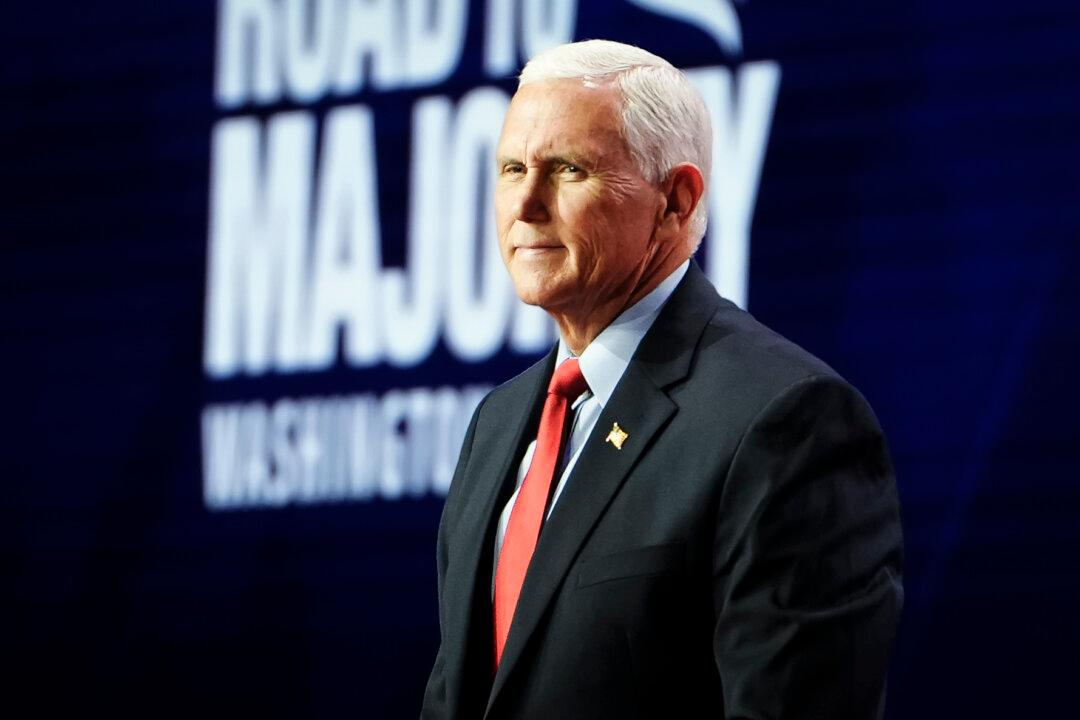The U.S. Secret Service assigns a code name to each president and vice president, as well as to other high-profile political figures. Often, these call signs are colorful and evocative descriptions of the leader’s personality or interests.
Kamala Harris, the first woman to serve as vice president, is called Pioneer. Dick Cheney, an avid fly fisherman, was referred to as Angler. Environmentalist Al Gore was Sundance. and Dan Quayle was dubbed Scorecard for his love of golf.





